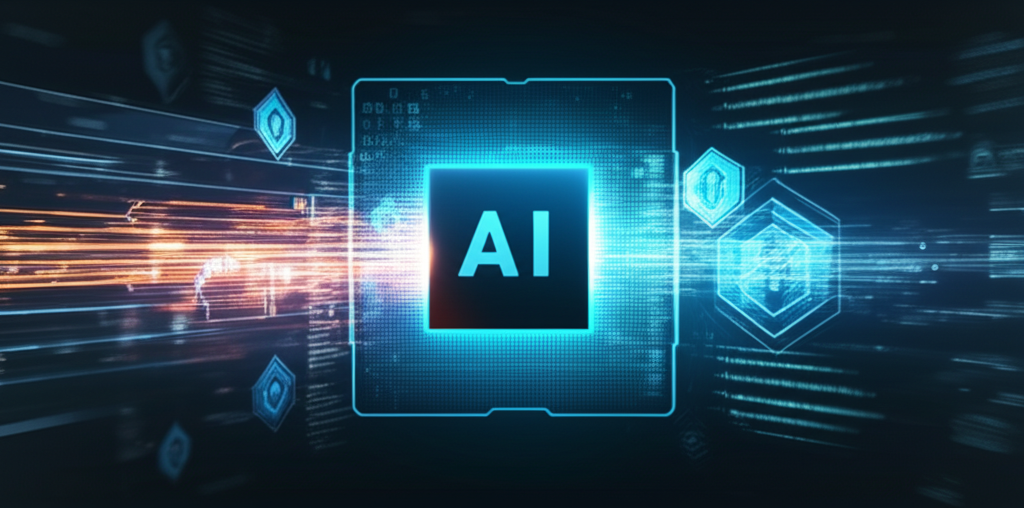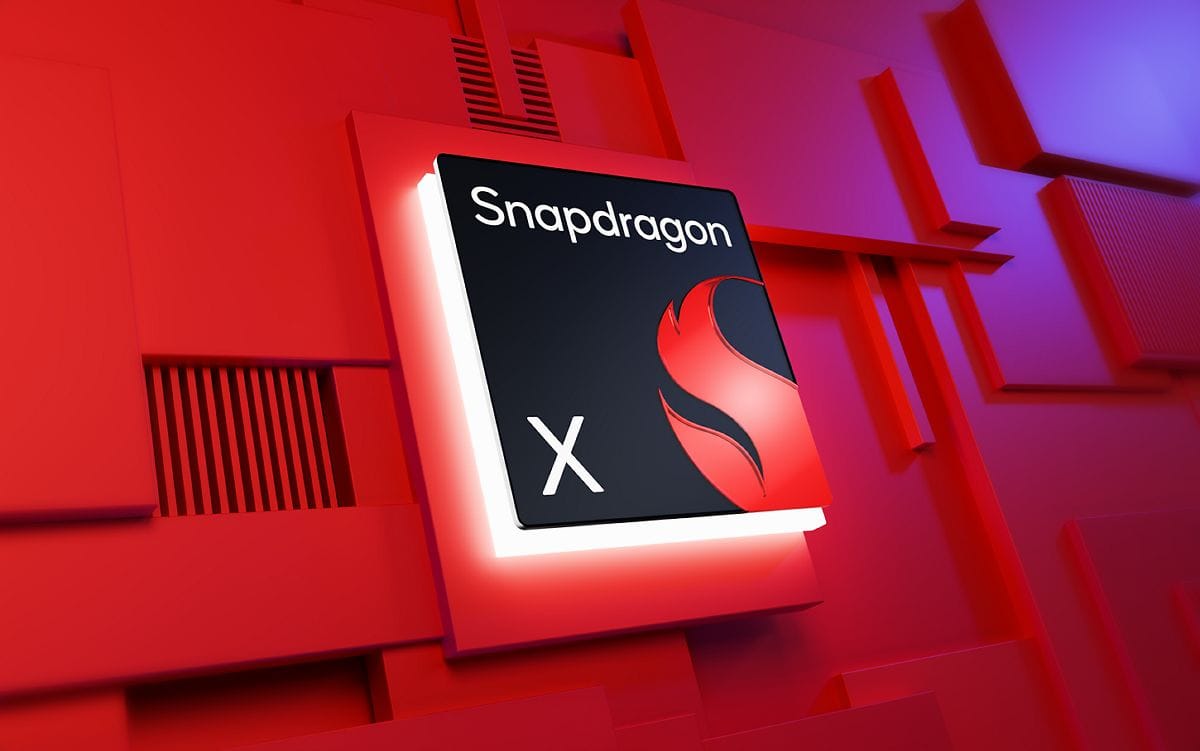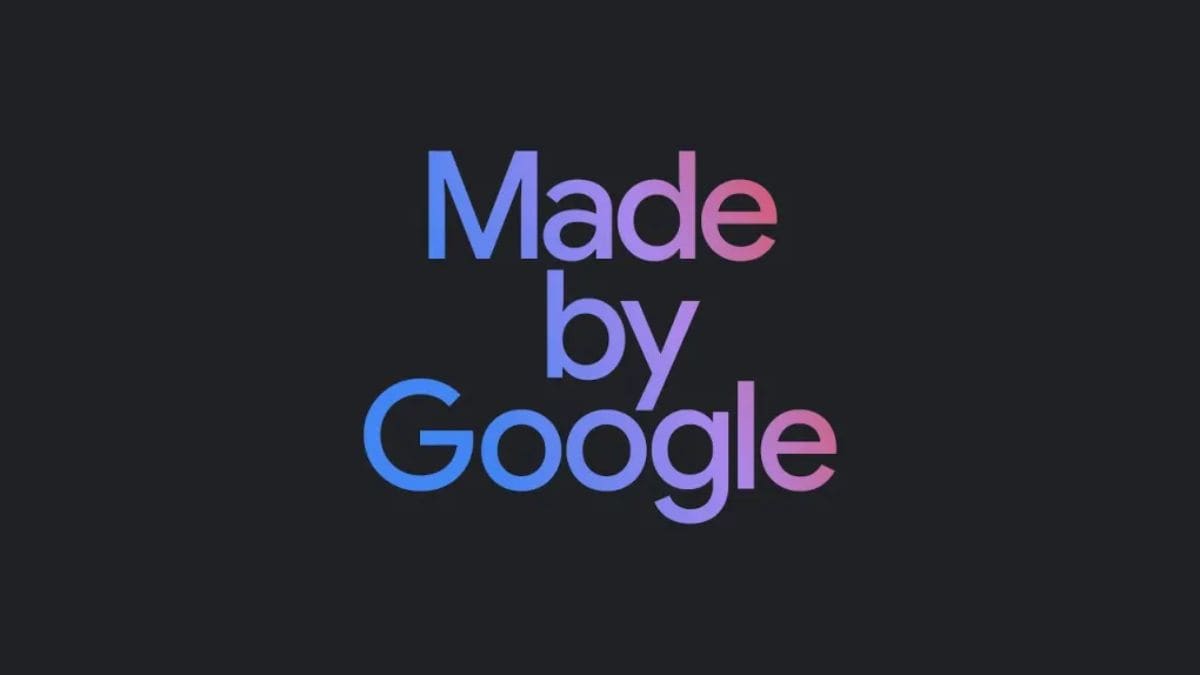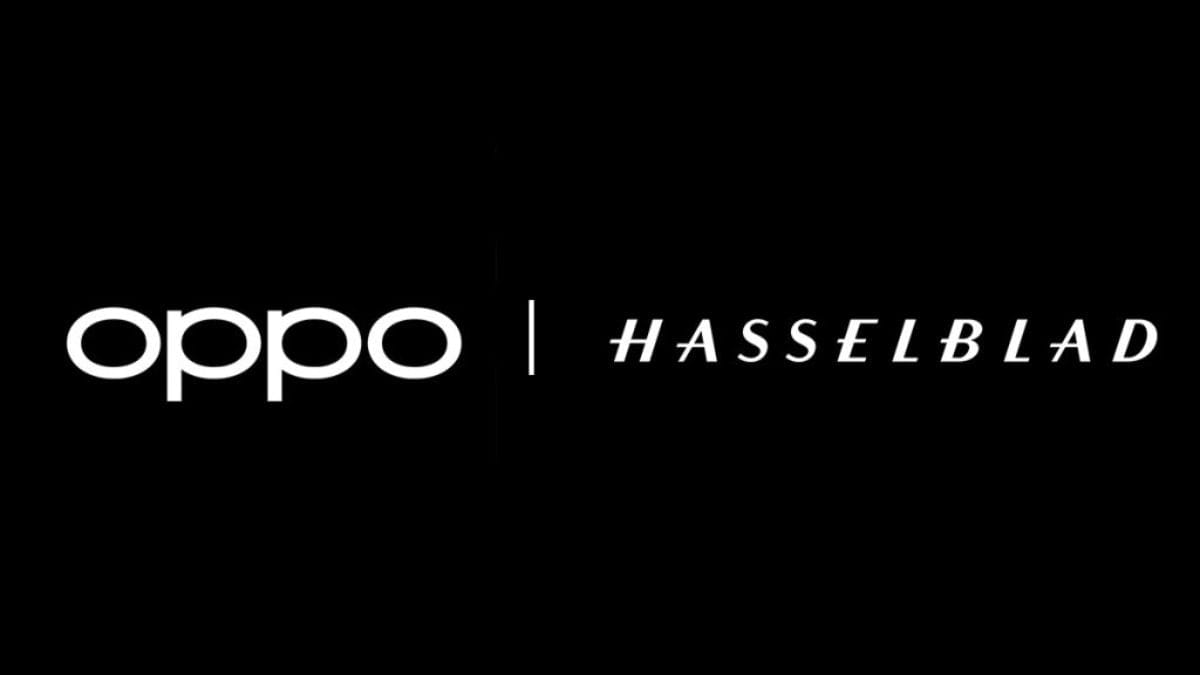OpenAI Releases GPT-4.1 to Paid ChatGPT Users
OpenAI announced the availability of GPT-4.1 to ChatGPT Plus, Pro, and Team users, marking a significant upgrade especially for developers and users reliant on AI for coding tasks. This new iteration builds upon GPT-4’s foundation with improved speed, reliability, and enhanced coding proficiency, aligning with the demands of everyday programming and debugging.
Key Improvements with GPT-4.1
- Better Instruction Following: GPT-4.1 demonstrates higher accuracy in executing user commands, which is critical for complex coding and web development workflows.
- Enhanced Coding Capability: Compared to the previous GPT-4o, GPT-4.1 performs more effectively in generating and debugging code, serving as a robust alternative for routine programming demands.
- Availability Across Platforms: Subscribers can select GPT-4.1 through the “more models” dropdown in the ChatGPT interface, integrating this upgrade seamlessly into their existing workflows.
Introduction of GPT-4.1 mini
OpenAI has also replaced GPT-4o mini with GPT-4.1 mini. This compact model prioritizes efficiency and speed while delivering superior performance in instruction adherence and general intelligence tasks. GPT-4.1 mini now functions as the fallback model for free-tier users once they exceed the GPT-4o usage limit.
Safety and Performance Metrics
OpenAI has released detailed safety evaluation results for GPT-4.1, showing comparable or identical safety performance relative to GPT-4o. These evaluations are available publicly via OpenAI’s Safety Evaluations Hub, providing valuable transparency for users concerned with ethical and safe AI deployment.
Advancements in Model Fine-Tuning
- Reinforcement Fine-Tuning (RFT): OpenAI continues to deploy RFT to refine model performance, particularly in complex and task-specific contexts, utilizing techniques like Chain-of-Thought reasoning for better outcomes.
- Supervised Fine-Tuning: Users can now fine-tune GPT-4.1 nano, OpenAI’s fastest and most cost-effective model, for specialized applications, unlocking tailored performance improvements.
Here’s what that really means: OpenAI is not just releasing faster and stronger models but is investing deeply in tools and fine-tuning strategies to broaden the practical utility of their AI systems in coding and beyond. The hype is real, but context matters — especially understanding how these updates fit into ethical AI use and end-user transparency.








